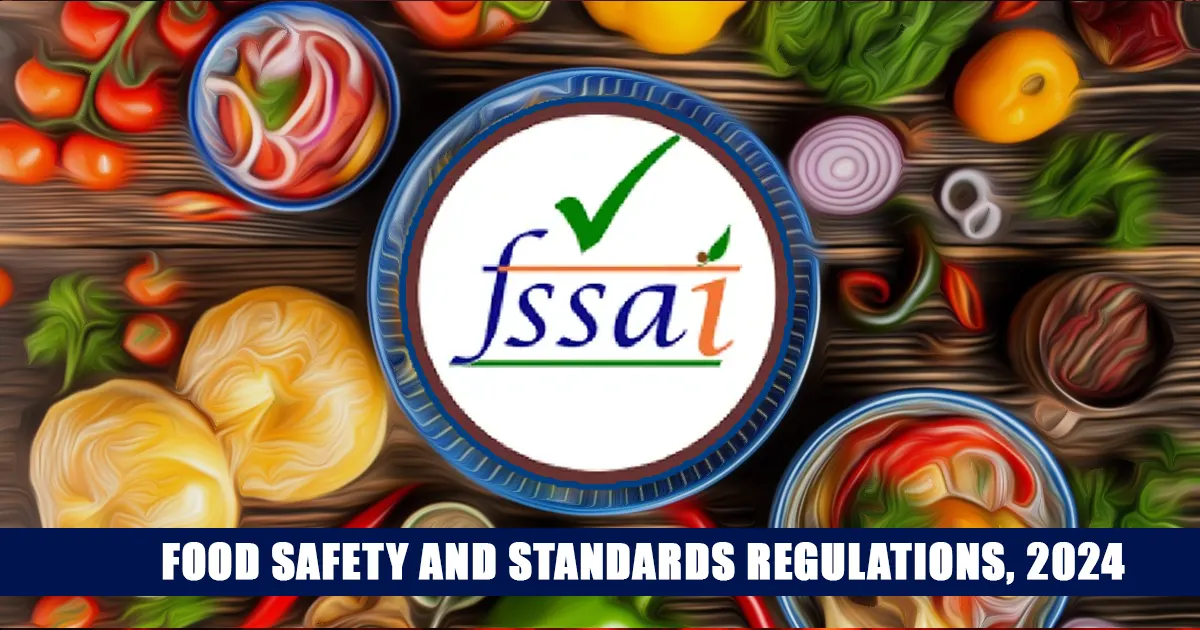
Context
The Food Safety and Standards Authority of India (FSSAI) has introduced the Food Safety and Standards (Contaminants, Toxins, and Residues) Amendment Regulations, 2024, set to be enforced in 2025. This regulation focuses on controlling the use of antibiotics in food animal production to combat the growing threat of antimicrobial resistance (AMR).
Background
- Previous Regulations: The 2018 amendment of the Food Safety and Standards (Contaminants, Toxins, and Residues) Regulations established tolerance limits for antibiotic residues in food.
- Colistin Ban: The Ministry of Health and Family Welfare (MoHFW) banned colistin in all food-producing animals, recognizing it as a critical, last-resort antibiotic for treating multi-drug-resistant infections.
- Draft Order on Streptomycin and Tetracycline: The Ministry of Agriculture and Farmers Welfare (MoAFW) proposed banning the import, production, and use of streptomycin and tetracycline in agriculture. Although used to manage bacterial crop diseases, their excessive application can lead to antibiotic resistance, endangering both plant and human health.
Key Provisions of the 2024 Amendment
- Antibiotic Prohibition:
- The regulation prohibits the use of antibiotics during any stage of the production process for milk and dairy products, meat and meat products, poultry and eggs, as well as aquaculture products.
- Banned Antibiotics:
- The amendment bans three classes of antibiotics:
- Glycopeptides
- Nitrofurans
- Nitroimidazoles
- Additionally, the following five antibiotics are now prohibited:
- Carbadox
- Chloramphenicol
- Colistin
- Streptomycin
- Sulphamethoxazole
- The amendment bans three classes of antibiotics:
- Revised Tolerance Limits:
- The list of veterinary drugs and antimicrobials with permissible residue limits in food has been updated.
- Six new antibiotics have been added to the list with revised tolerance limits:
- Amoxicillin
- Cephalexin
- Gentamicin
- Penicillin G
- Sulfamethazine
- Sulfadimethoxine
India’s Commitment to Antimicrobial Reduction
India has pledged to reduce antimicrobial use in animal production by 30-50% by 2030, aligning with global efforts to mitigate the risks associated with antimicrobial resistance and ensure food safety.




